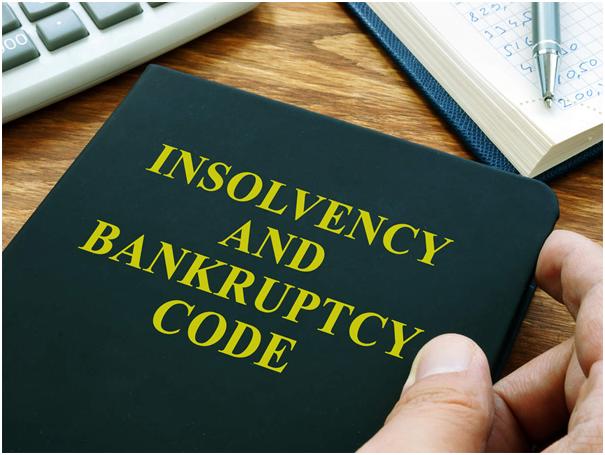@JUDGMENTTAG-ORDER
Mr. Shree Chandrashekhar, J. - Aggrieved of order contained in letter dated 24.09.2016 whereby the respondents have re-fixed salary of the petitioners in senior Grade-II with a further order for recovery of alleged excess amount paid to the petitioner, the instant writ-petition has been filed.
2. The petitioners claim that they were appointed between 1994 to 1999. The Government of Jharkhand in the light of VIth Pay Revision recommendations constituted a Fitment Committee vide Resolution dated 15.09.2008, which submitted its recommendation whereupon the State of Jharkhand issued Resolution dated 28.02.2009. The petitioners'' claim that they shall be paid salary and other allowances in pay-band of Rs.9300- 34,800/-. It is contended that in view of recommendation of the Fitment Committee which was accepted by the State of Jharkhand, though the petitioners shall remain in the same pay-band, they are entitled for payment in higher grade-pay and one increment. The learned counsel for the petitioners has relied on the decision rendered in "State of Punjab v. Rafiq Masih" reported in (2015) 4 SCC 334, where under it has been held thus;
"18. It is not possible to postulate all situations of hardship which would govern employees on the issue of recovery, where payments have mistakenly been made by the employer, in excess of their entitlement. Be that as it may, based on the decisions referred to herein above, we may, as a ready reference, summarise the following few situations, wherein recoveries by the employers, would be impermissible in law:
(i) Recovery from the employees belonging to Class III and Class IV service (or Group C and Group D service).
(ii) Recovery from the retired employees, or the employees who are due to retire within one year, of the order of recovery.
(iii) Recovery from the employees, when the excess payment has been made for a period in excess of five years, before the order of recovery is issued.
(iv) Recovery in cases where an employee has wrongfully been required to discharge duties of a higher post, and has been paid accordingly, even though he should have rightfully been required to work against an inferior post.
(v) In any other case, where the court arrives at the conclusion, that recovery if made from the employee, would be iniquitous or harsh or arbitrary to such an extent, as would far outweigh the equitable balance of the employer�s right to recover."
3. Taking note of the plea taken by the petitioners that the impugned order dated 24.09.2016 was issued in gross violation of the rules of natural justice, vide order dated 22.11.2016 the respondents were directed to file affidavit "whether before issuing impugned order dated 24.09.2016 any notice was issued to the petitioners or not and whether before ordering recovery of excess payment made to the petitioners, the petitioners were afforded opportunity to put their defence or not".
4. In compliance of the aforesaid order, affidavit dated 06.12.2016 has been filed on behalf of the respondent no.5, stating as under :
"7. That in reply to the query of the Hon''ble Court it is humbly stated that before issuing impugned letter dated 24.09.2016, no notice to show cause was issued to the petitioners. Further, before ordering recovery of excess payment made to the petitioners, the petitioners were not afforded any opportunity to put their defence.
8. That it is most humbly and respectfully stated that the impugned letter dated 24.09.2016 has been issued by the Respondent no.5 in pursuance to the memo no.1774/V dated 16.06.2016 issued by the Special Secretary, Govt. of Jharkhand, Planning-cum-Finance Dept., whereby it has been informed that the pay scale of the teachers of Rajkiyakrit School on promotion will be fixed in terms of rules 22(I)(a)(2) of the Fundamental Rules."
5. The learned State counsel, however, contends that in the light of decision dated 16.06.2016 the impugned order has been issued and while so, no interference is required in the matter.
6. Be that as it may, now it has been admitted by the respondents that the impugned order dated 24.09.2016 has been issued in breach of the rules of natural justice. The order of re-fixation of pay-scale and recovery of alleged excess amount paid to the petitioners would visit the petitioners with serious civil consequences. The petitioners in the present proceeding have contended that in view of the recommendation of the Fitment Committee which was accepted by the Government of Jharkhand, they are entitled for payment in higher grade-pay and one increment. In State of Orissa v. (Miss) Binapani Dei" reported in AIR 1967 SC 1269, it has been held that even an administrative order or decision, in matters involving civil consequences, must be made consistent with rules of natural justice. In "Canara Bank & Ors. v. Debasis Das & Ors." reported in (2003) 4 SCC 557, the Hon''ble Supreme Court has observed thus;
15. "The adherence to principles of natural justice as recognised by all civilised States is of supreme importance when a quasi-judicial body embarks on determining disputes between the parties, or any administrative action involving civil consequences is in issue. These principles are well settled.�............Thus, it is but essential that a party should be put on notice of the case before any adverse order is passed against him. This is one of the most important principles of natural justice. It is after all an approved rule of fair play. The concept has gained significance and shades with time...................".
7. Had a notice been issued to the petitioners, they could have had an opportunity to pursuade the respondents not to re-fix their pay-scale. Since the impugned order dated 24.09.2016 has been issued without notice and without affording any opportunity of hearing to the petitioners, without adverting to the merits of the rival claims, the impugned order dated 24.09.2016 is hereby quashed, however, with a liberty to the respondents to proceed in the matter after complying with the rules of natural justice.
8. The writ-petition is allowed, in the aforesaid terms.

